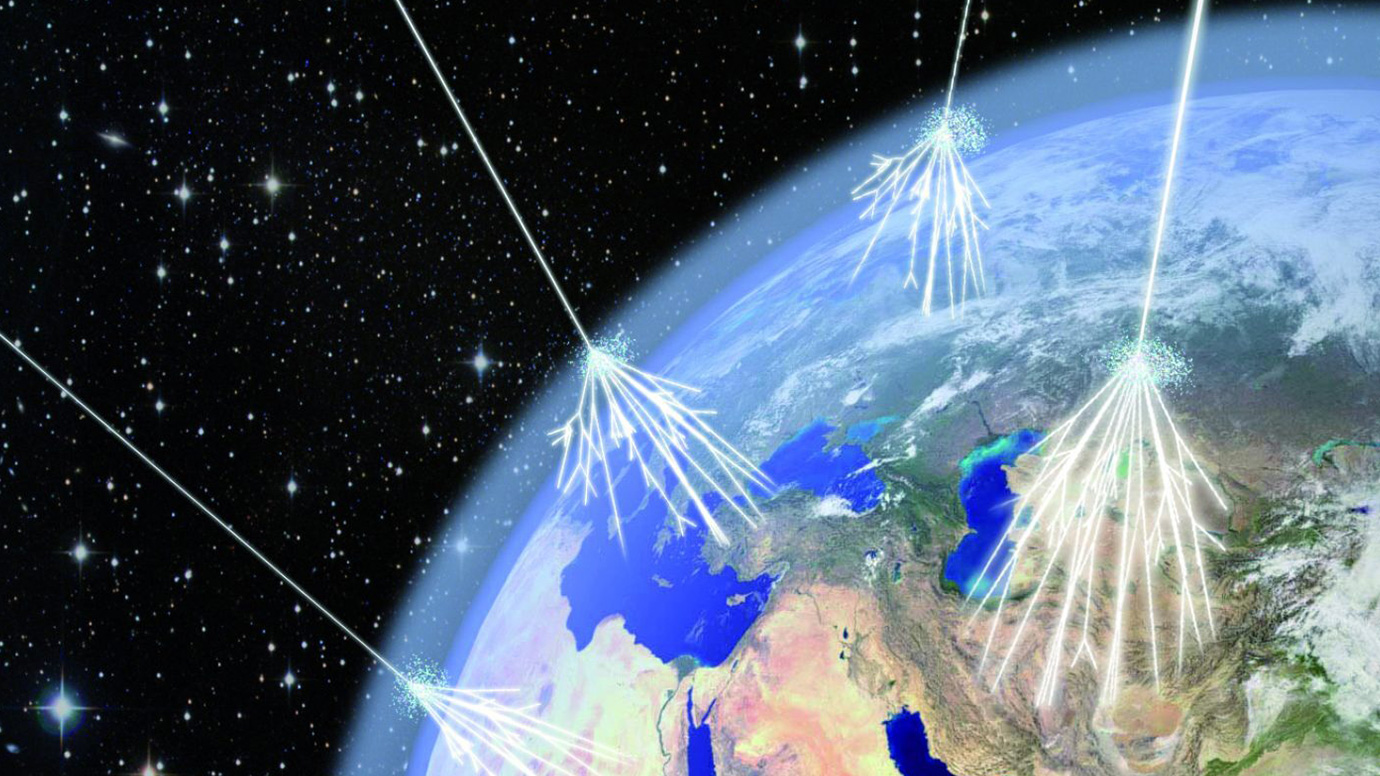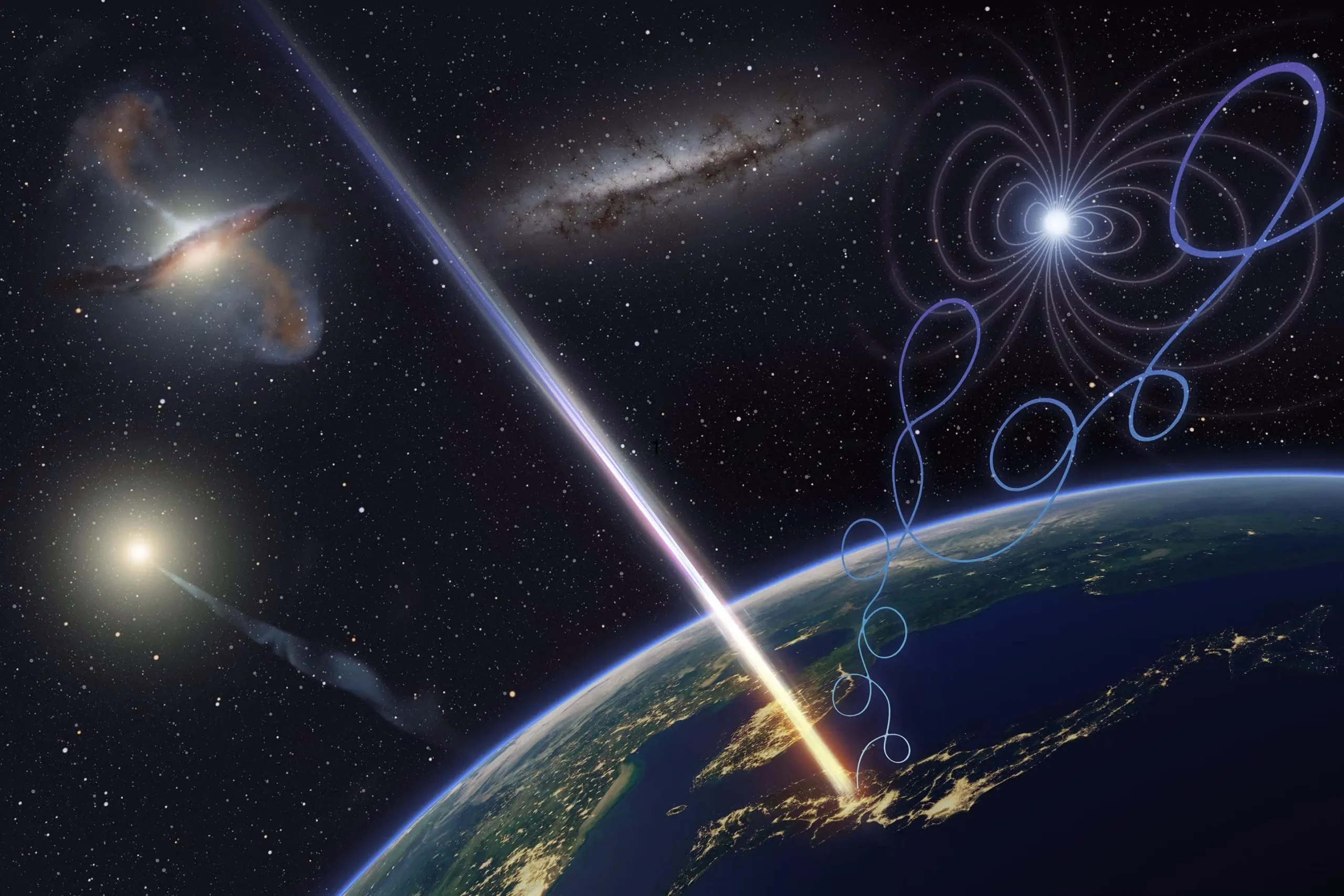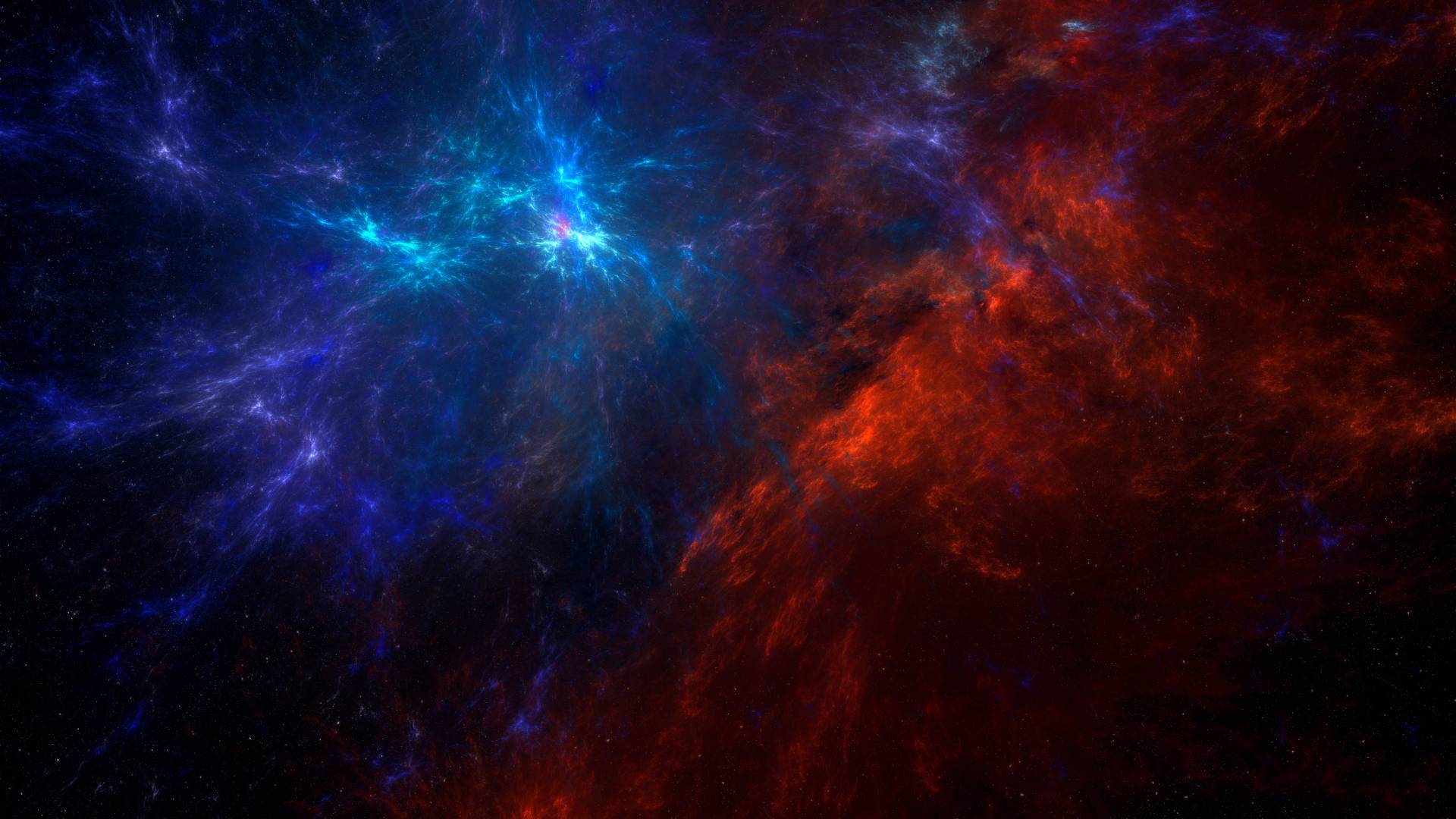Could Space Be Speaking to Our Minds?
Have you ever wondered whether the universe could influence your thoughts—quite literally? What if the cosmic energy constantly bombarding our planet could subtly affect the way we feel, think, or even dream?
This fascinating question lies at the heart of an increasingly curious intersection between space science, neuroscience, and philosophy. And at Spaceyv, where we explore the weird, the wonderful, and the science of the cosmos, we’re diving into one of the most intriguing questions of all:
Do cosmic rays affect human consciousness?

What Are Cosmic Rays, Exactly?
Cosmic rays are high-energy particles—mostly protons and atomic nuclei—that travel across the universe at nearly the speed of light. They originate from extreme environments such as:
-
Supernova explosions
-
Active galactic nuclei (AGNs)
-
The sun (in smaller doses)
-
Possibly even unknown sources beyond the Milky Way
When these rays slam into Earth’s atmosphere, they produce secondary particles, some of which can reach the planet’s surface. While our atmosphere and magnetic field shield us from most of the harmful radiation, these particles still occasionally affect electronics, satellites, and—possibly—our biology.
What Science Says About Cosmic Rays and the Brain
Let’s be clear: scientific evidence primarily focuses on the physical effects of cosmic radiation—especially for astronauts, who experience far more exposure than people on Earth.
NASA and other space agencies have studied cosmic radiation for years. Some key findings include:
🧠 Cognitive Impairment in Space
Experiments on rodents have shown that exposure to galactic cosmic radiation can lead to:
-
Neuroinflammation
-
Impaired memory and learning
-
Reduced neuron growth (neurogenesis)
-
Altered behavior
These changes are linked to the central nervous system (CNS), suggesting that radiation in space could degrade astronaut performance on long missions. (Source: NASA)
Can Cosmic Rays Influence Consciousness?
Now we enter speculative—but thrilling—territory.
While cognitive impairment is measurable, consciousness is still one of science’s greatest mysteries. Defined loosely, consciousness is our subjective experience of reality—our thoughts, awareness, and sense of self.
So, can particles from deep space really mess with our minds?
🌌 Theory 1: Quantum Interactions
Some physicists and consciousness researchers hypothesize that quantum processes in the brain could play a role in consciousness. If that’s true, could high-energy particles—like cosmic rays—disturb or interact with those delicate quantum mechanisms?
While unproven, this idea has gained popularity in certain theoretical circles. The Orch-OR theory (Orchestrated Objective Reduction) by Roger Penrose and Stuart Hameroff suggests quantum computations within neurons might underpin consciousness.
Could cosmic rays influence or collapse these quantum states? It’s a leap, but not an impossible one.
Ancient Philosophies Meet Modern Science
Long before science understood cosmic rays, ancient cultures sensed that celestial forces could influence human thought and emotion.
-
Astrologers believed that planetary alignments shaped our destiny and moods.
-
Hindu texts spoke of “cosmic energy” flowing through the chakras.
-
Shamanic traditions interpreted cosmic events as gateways to altered states of awareness.
While modern science doesn’t endorse astrology, it’s fascinating to see how cultural intuition pointed to the sky as a source of mental or spiritual influence.
Are There Reports of Cosmic Rays Causing Mental Effects?
Astronauts have described seeing flashes of light, even with their eyes closed—caused by high-energy particles interacting with their retinas or brains. These “light flashes” offer physical evidence that cosmic particles can directly stimulate the nervous system.
But could they do more than cause flashes?
Some anecdotal reports from astronauts and cosmonauts describe altered perceptions, intense dreams, or feelings of connection to the universe. While these could stem from isolation, stress, or awe, cosmic rays remain a potential ingredient.
Cosmic Rays on Earth: Are We Affected Too?
While Earth’s magnetic field shields us from most cosmic radiation, there’s still low-level background radiation everywhere. In high-altitude regions and during airplane flights, exposure is slightly higher.
A few controversial studies have even explored correlations between cosmic ray intensity and human behavior, including:
-
Suicide rates
-
Mood shifts
-
Birth anomalies
These studies are inconclusive and often criticized for lacking scientific rigor. Still, the idea that solar activity or cosmic ray flux could influence large-scale human trends remains an area of curiosity for researchers.
Could Cosmic Rays Spark Evolutionary or Cognitive Leaps?
Let’s venture into science fiction (but not too far). Could bursts of cosmic radiation occasionally influence the evolution of the human brain or even trigger heightened states of awareness?
Some theorists speculate that:
-
Mass extinction events tied to radiation might also accelerate evolution.
-
Natural background radiation could mutate neurons or DNA in small ways.
-
Cosmic events may sync with global consciousness shifts, though this remains speculative.
In essence, the question isn’t just “Can cosmic rays hurt us?” but also “Could they change us?”
What This Means for the Future of Space Travel
As humanity prepares to journey deeper into space—with missions to Mars, lunar bases, and even space tourism—we must take the effects of cosmic radiation seriously.
Could prolonged exposure:
-
Alter perception or consciousness in unknown ways?
-
Affect decision-making during critical space missions?
-
Inspire deeper philosophical questions about our place in the cosmos?
The intersection of cosmic rays and consciousness might soon become more than academic—it could become a vital part of living and thriving in space.
Conclusion: The Mind Meets the Cosmos
Right now, there’s no definitive evidence that cosmic rays influence human consciousness. But there are enough clues—both scientific and philosophical—to keep the question alive.
From ancient sky-watching mystics to modern neuroscientists, we all sense that space may be more connected to the human mind than we fully understand.
At Spaceyv, we’re passionate about asking bold questions—because the most exciting answers are often the ones no one has found yet.
So next time you look up at the stars, ask yourself: Is something up there, reaching into our minds?



